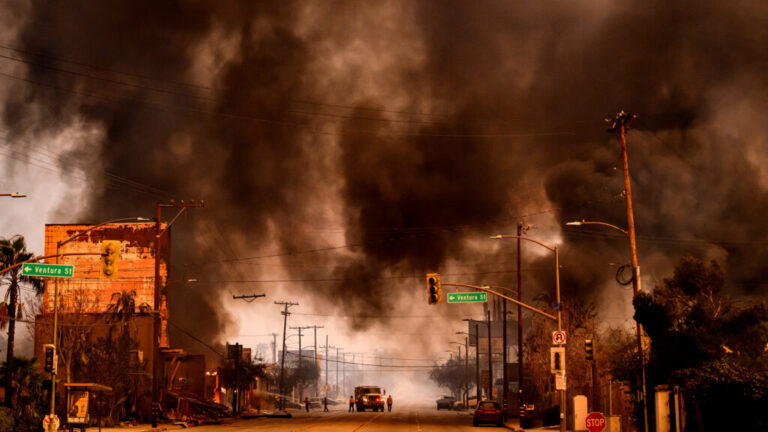In January, devastating wildfires in Los Angeles County resulted in at least 30 fatalities, over 200,000 evacuations, and the destruction of 18,000 homes. A study linked these fires to 440 excess deaths, emphasizing the severe neurological and health impacts yet to emerge.
Research from the Neuro Climate Working Group highlights that critical developmental alterations may not manifest until years later. Wildfire smoke exposure can negatively affect fetal brain development, increasing risks of attention and learning issues in children. It can also heighten dementia risks and impair cognitive functions in disaster survivors long after the event.
Children, particularly vulnerable during early development, face the most significant threats from pollutants released during wildfires. The compounded effects of trauma and air pollution, termed “climate trauma,” lead to measurable cognitive impairments. Moreover, emerging evidence suggests these effects can be passed down through generations via epigenetic inheritance.
Current disaster response systems inadequately address these long-term neurological impacts, focusing primarily on immediate needs. Many affected communities, especially low-income and minority neighborhoods, lack access to necessary health resources, perpetuating disparities.
To address these challenges, there is a pressing need for a rethinking of disaster measurements to include neurological health in emergency responses, urban planning, and policy discussions. Timely intervention can leverage the brain’s neuroplasticity to support recovery, but immediate action is crucial as the climate crisis worsens, presenting a dual emergency for environmental and cognitive health.
Source link


